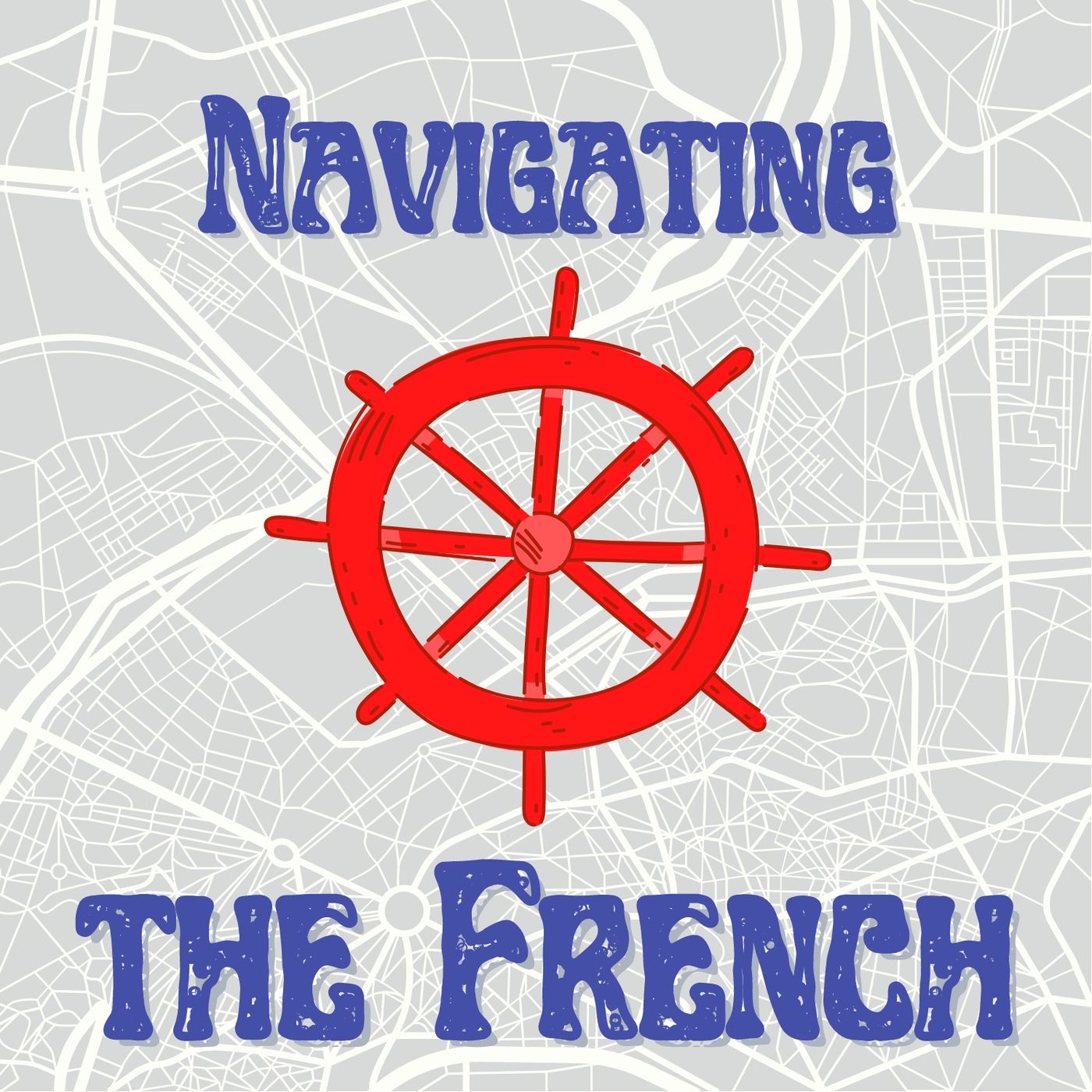Ep 82 - Navigating “Paysan” with Sophie Duncan
Description
The word "peasant" in English may bring to mind blouses, skirts, or Monty Python sketches, but paysan culture is alive and well, as author Sophie Duncan is here to explore.
https://www.amazon.fr/Beyond-Paris-insiders-guide-France/dp/1910779032 https://chateausurvivor.medium.com/
Additional thoughts from Sophie:
"Gabrielle Chevalier's novel Clochemerle, published in 1934 is a good snapshot of the values and divisions of small country village life then. It was a spoof and made fun of the village rivalries and pretensions. Those types definitely still exist today. A great deal more light hearted than Jean de Florette.
The school teacher, liberal. The ex retired military type tends to be more conservative, siding with the priest and his posse. The village priest has all but disappeared from our village life altogether now. In the Aude, a single priest will be responsible for 10 or more parishes, visiting only when invited for funerals and baptisms.
The local struggle to control the water still goes on.
Having been involved in renovating the Chateau, something I noticed change was on an aesthetic level of taste. The paysan life, idealised as far back as Mariantoinette, valued hand crafted items produced skillfully and at no cost, artisanal,l natural gathered from woodland and field. An escape from modern excess.
It values a sense of simplicity, a commitment to minimal waste, and a homely, handcrafted aesthetic. Even high-powered professionals find themselves longing for the uncomplicated quality of paysan life.
Nowadays land gets sold and farmers need a loan, and a concrete bungalow pays the tractor loan and makes more sense than cultivating firewood or selling mushrooms at the market. My favourite villager one assorted me that back where I came from the ‘paysans’ there would also know the power of the phases of the moon in all matters. If he were alive now I think he would be amazed by how lunar cycles have been jetisoned.
Even though that type of country life is still way more robust than it is in England the aesthetic has changed too.
For example in our village there was a grove of wild pomegranates, a rare strain that ripened these wonders until christmas. People would come from far and wide to the village to admire them, and the view. A mayor came to power, not from the village who had them bulldozed, then got a grant to build a wall in the Toulouse Hospital car park aesthetic.
Although hearts bled there is a reflex that getting a grant for anything is a wonderful thing. But maybe that is more of a continuation of the way things are going. The impression believing they can have something for nothing is defin timely an achilles heel. Another mayor in another village is busily bringing back the fruit trees. Overall though the shift to the uniform, predictable and lower skilled way of life.
Not so long ago locals once set on a career could stick to it to the end but now the jobs end and they wish to learn something new they need to leave the countryside. The real paysan sensibility and skills are more and more a rarity and knowing the rules of grants and loans is more important than the phases of the moon and the wisdom of good husbandry"
Join us on Patreon: patreon.com/parisundergroundradio
Find Us Online
Website: https://www.parisundergroundradio.com/navigatingthefrench
Facebook: a href="https://www.facebook.com/parisundergroundradio" target="_blank" rel="noreferrer...
More Episodes
Published 11/24/24
American enthusiasm makes the French roll their eyes, but the French aren’t exactly as pessimistic as they may seem. To get to the bottom of this cultural misunderstanding, Emily is joined by Véronique Savoye, a jack-of-all-trades who’s made France her career, to help navigate...
Published 11/17/24
Parisians go about the daily grind just like any other urban denizens. In Paris specifically, the expression metro-boulot-dodo – metro, work, sleep – is used to evoke the somewhat mind-numbing nature of that day-to-day. Author Andrew Martin's Metropolitain: An Ode to the Paris Metro delves into...
Published 11/10/24


